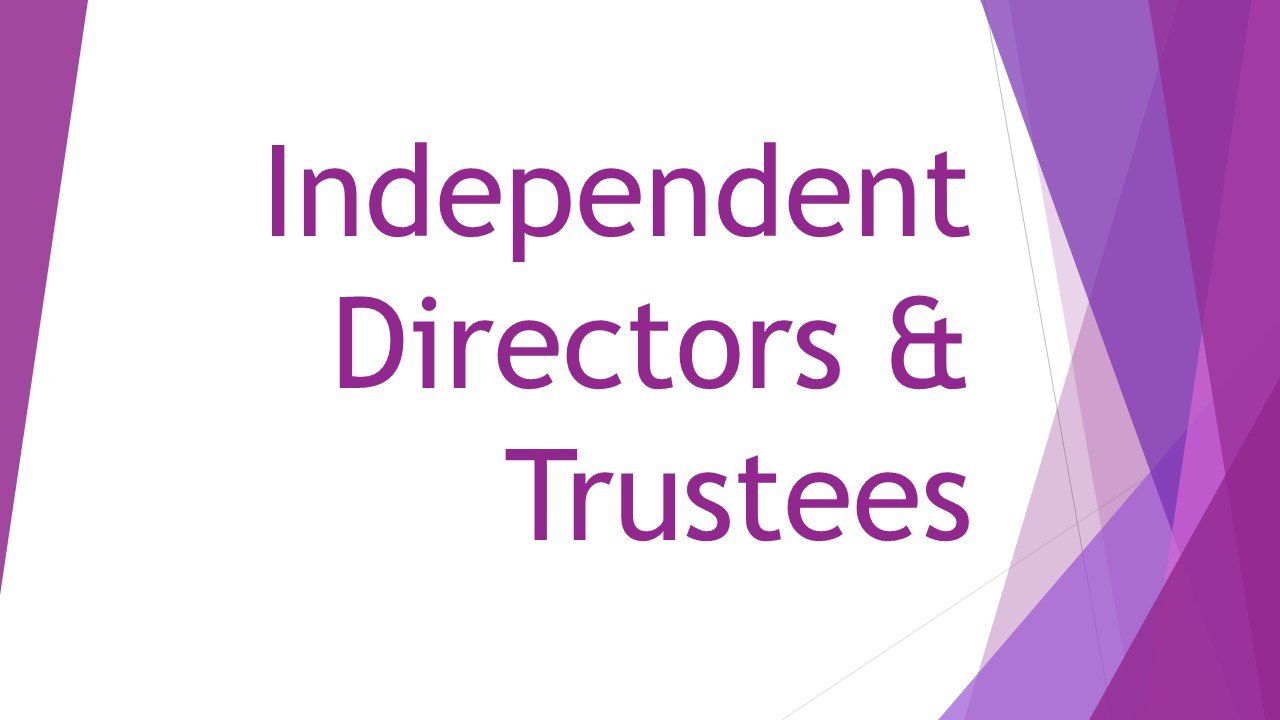EO Legislation Update
Andrew Bretherton • 24 March 2025
With guidance on recent Employee Ownership legislation due to be published soon, now is a good time to recap the changes that were outlined in the October budget and that were largely supported by the EO sector. Here we republish an article written by one of our IDT independent trustees.

In its first budget announcement after its election victory in 2024, the Labour government increased the rates of capital gains tax (CGT) in relation to the sale of shares but has maintained CGT relief for sales to EOTs. This is good news for employees as well as business owners who will continue to benefit from tax free sale proceeds provided they comply with the qualifying conditions.
However, a number of changes were announced in relation to EOTs that are currently being finalised and, once confirmed, will be back-dated to take effect from 30 October 2024:
HMRC reporting requirements
Tax advisers for the selling shareholders are now required to include more information to claim CGT relief on the sale proceeds including the number of employees of the target company at the time of disposal and the purchase price payable.
Control of EOT
Selling shareholders (and persons connected to them) are now prevented from directly or indirectly controlling the EOT, either as chair or through a majority of members of the trust company. This is expected to result in the appointment of more independent trustees and employee representatives to trust company boards.
No similar restriction has been placed on the selling shareholders in respect of the trading company.
EOT tax residency
The trustees of the EOT must now reside in the UK at the time of disposal, so no offshore trusts permitted.
Market value
Trustees must take “all reasonable steps” to ensure that the purchase price paid for the target company is “no more than market value”. Independent valuations are therefore recommended, as is appointing trustees early in the process so they can properly consider and take appropriate actions. A second valuation for trustee validation may be beneficial in certain circumstances.
Tax treatment for EOT expenses
The government has confirmed that contributions made by the trading company to the Trust in order to pay the selling shareholder for their shares will not be treated as distributions for tax purposes. This would include associated Stamp Duty, any interest payable at a reasonable commercial rate and Trust expenses. This would only apply if the consideration paid by the trustees for the shares does not exceed the market value for those shares (see above).
Extension of “vendor clawback period”
The government has extended the period in which HMRC may withdraw CGT relief for the sale proceeds to the end of the fourth tax year following the end of the tax year of disposal of the target company if a “disqualifying event” takes place. In effect, any onward sale of the trading company during this restricted period will crystallise a CGT liability for the vendors.
Tax free bonuses
The government has confirmed that tax-free bonuses of up to £3,600 per employee may now be awarded to all participating employees without directors being included. This ensures that non-payment of company bonuses to vendors who remain as a company director will no longer breach the equality requirements.
This is the only measure included that is applicable to EOTs that were in place prior to 30 October 2024.
Conclusion
The previous government consulted on many of these changes so they were not unexpected, but it is important to fully understand the proposed changes to avoid a disqualifying event which may lead to withdrawal of your CGT relief.
These changes do provide clarity on Employee Ownership as a viable exit solution with preferential tax treatment compared to a trade sale or private equity investment. However, sales to EOTs are not a solution for a company already in financial distress.
A version of this article was originally published in November 2024 by Keystone Law https://www.keystonelaw.com/keynotes/what-changes-are-being-introduced-for-employee-ownership-trusts.
The author, Andrew Bretherton, is a corporate lawyer with Keystone Law, and an independent trustee with IDT.

